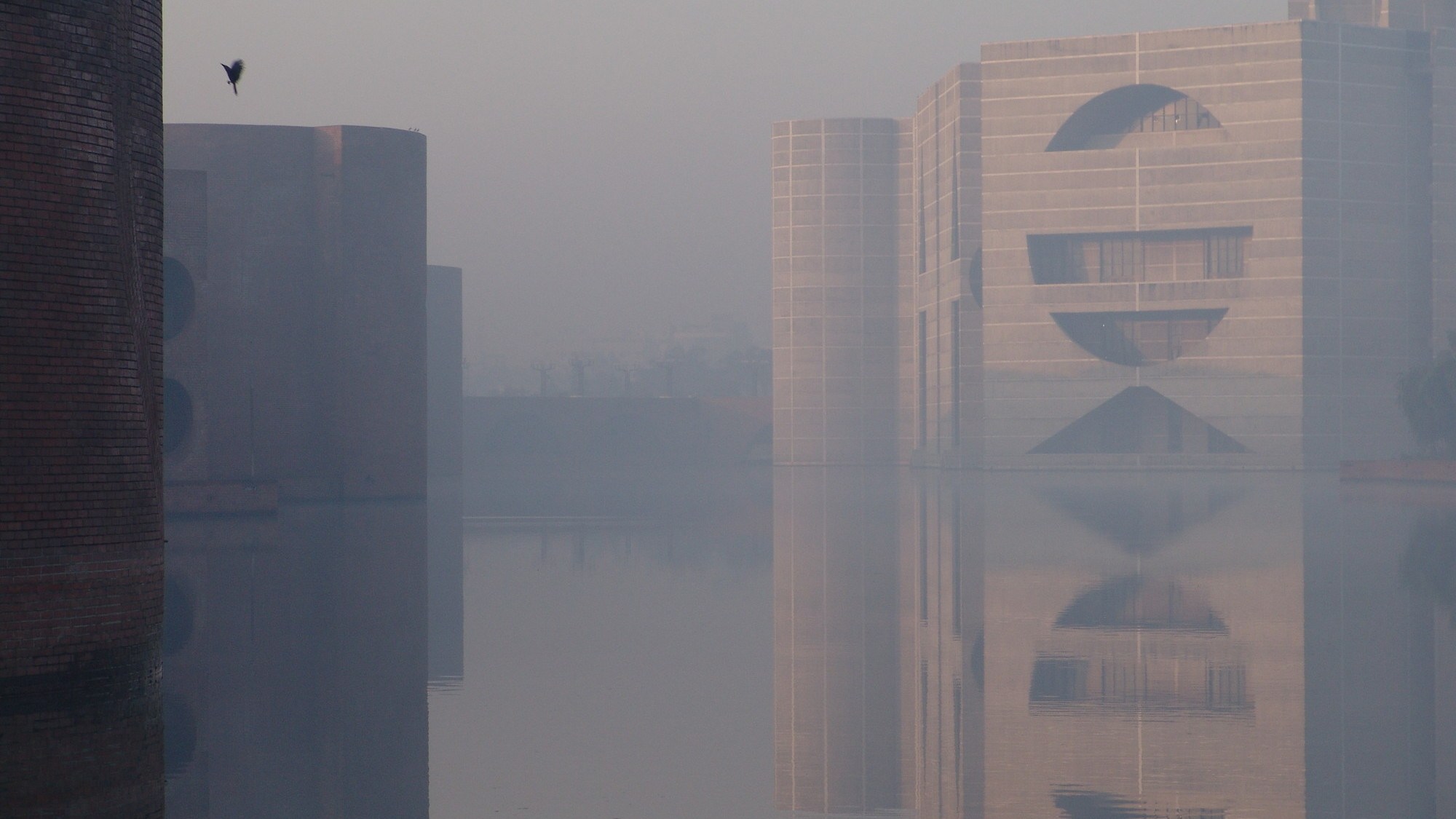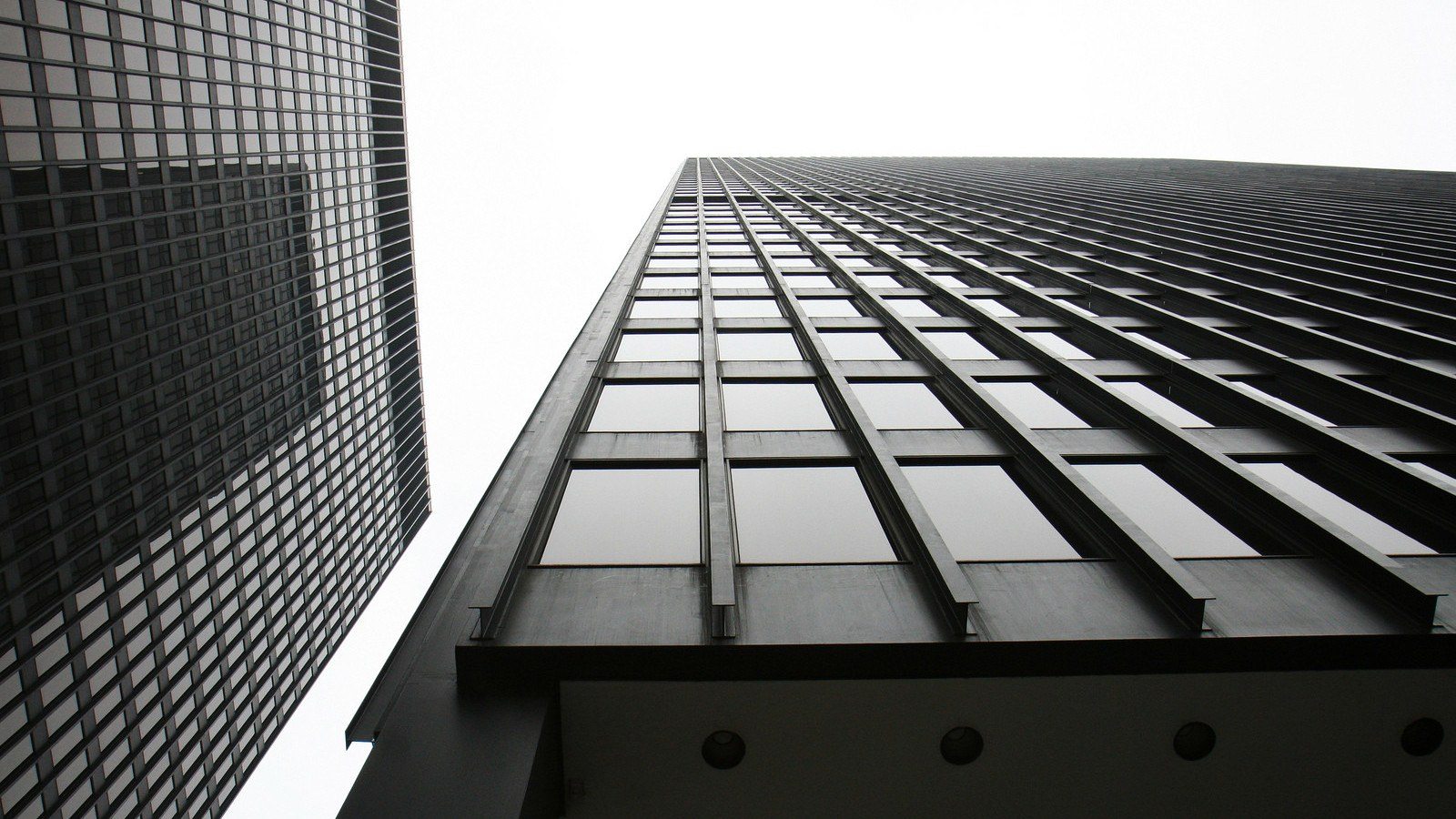Arvo Pärt’s “Silouan’s Song”: “My Soul Yearns After the Lord”
Arvo Pärt’s Silouan’s Song, composed in 1991 for string orchestra, reveals the sacred quality of both sound and silence. Inhabiting a meditative space which taps into cosmic expanses, it unfolds with the mystical bell tones of the Estonian composer’s tintinnabulation style. Pärt’s inspiration for the piece came from a text by the Russian poet and monk, St. Silouan (1866–1938), who spent much of his life at St Panteleimon on Mount Athos. Each phrase …







